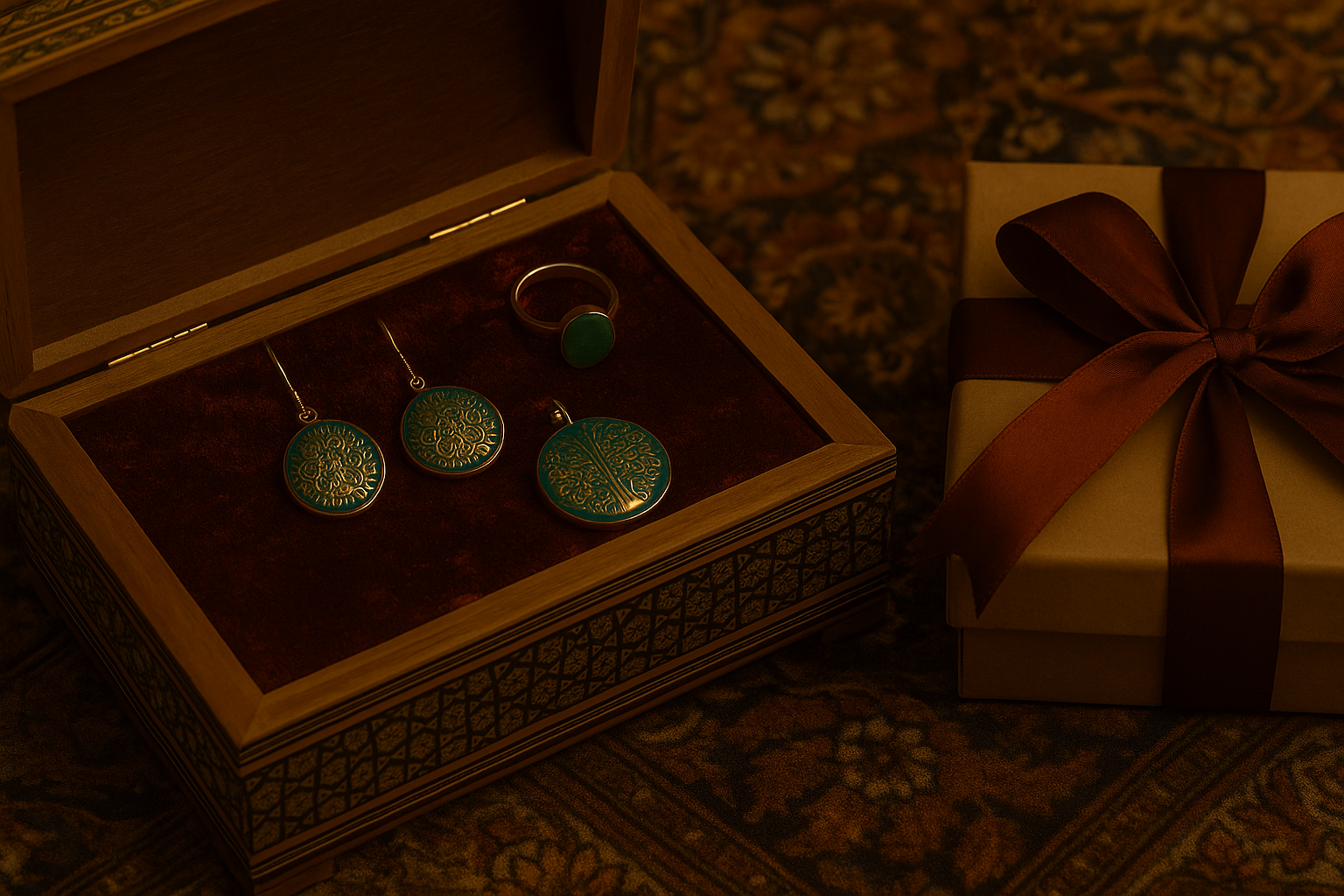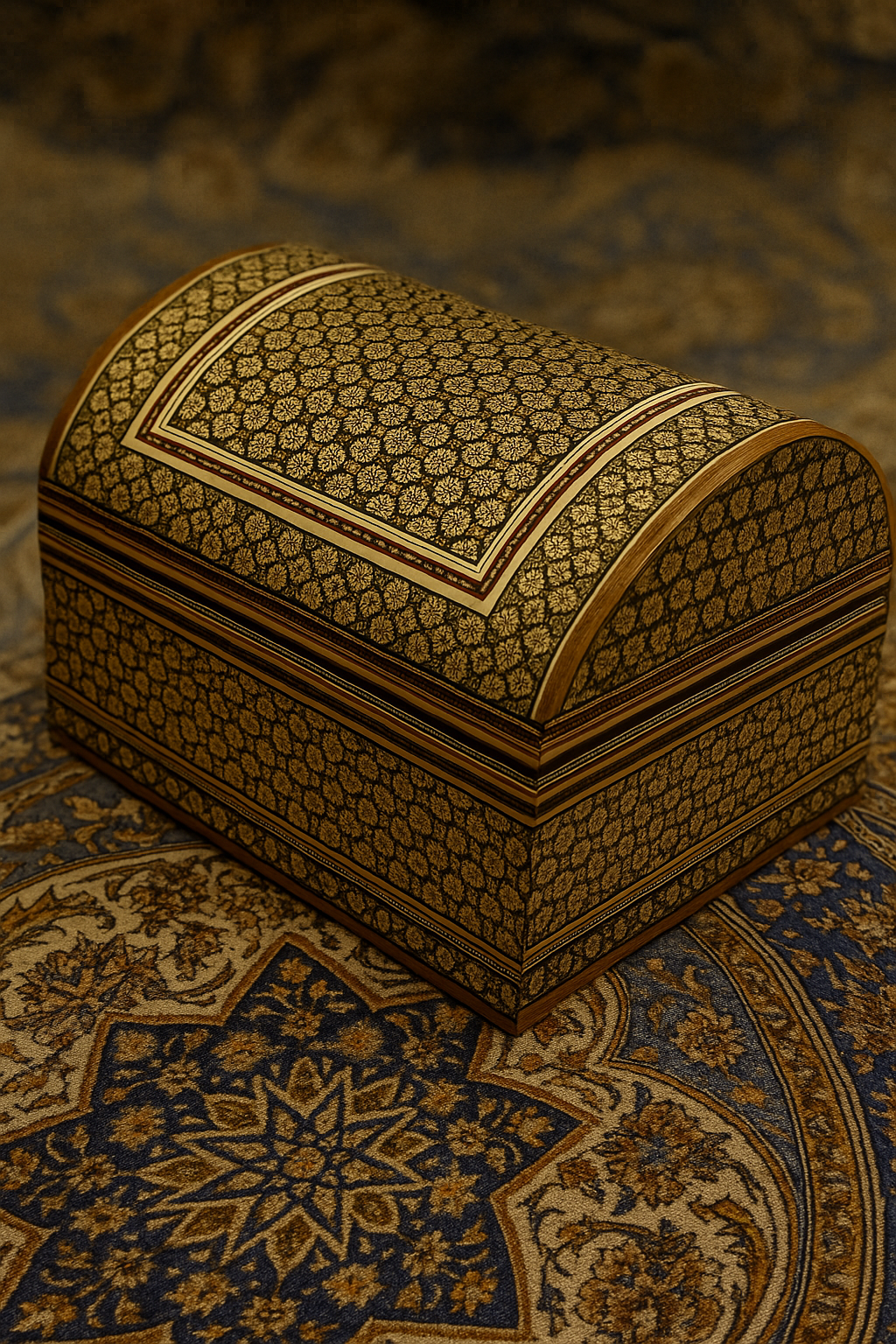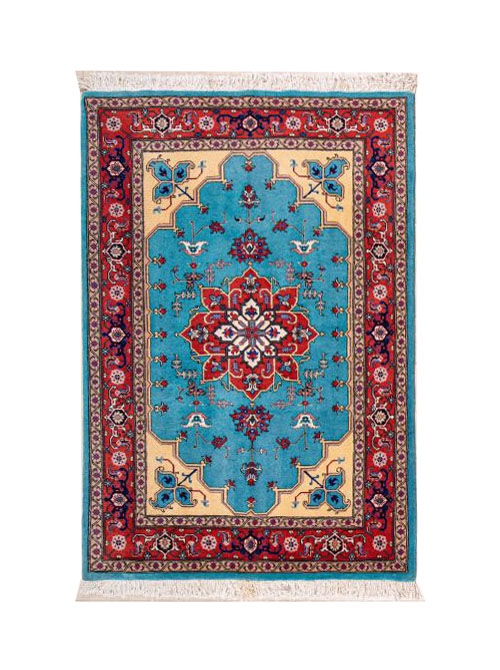Introduction
In Persian culture, gifting is more than a transaction — it is an expression of respect, gratitude, and connection. From mehmani (visiting someone’s home) to milestone celebrations, the right gift carries blessings and beauty.
Why Gifting Is Sacred
Gifts traditionally honor the recipient and the occasion. Symbolic items — from sweets for joy to saffron for prosperity — convey wishes for abundance, health, and harmony.
Key Occasions
- Nowruz (Persian New Year): Fresh beginnings; gifts that celebrate renewal and craft.
- Yalda Night: Warmth and gathering; artisanal pieces for the table and home.
- Weddings & Engagements: Heirloom-quality items that last generations.
- Hosting (Mehmani): Thoughtful host gifts, often sweets, tea sets, or decor.
Etiquette & Presentation
Presentation is part of the gift. Use quality wrapping, ribbons, or a small sofreh (cloth). Offer with both hands. Be mindful of ta’arof — polite modesty — where a recipient may initially decline out of courtesy.
Meaningful Gift Ideas from Our Collections
- Khatamkari boxes — intricate marquetry representing patience and precision.
- Mina-kari enamelware — luminous bowls and plates that brighten celebratory tables.
- Handwoven textiles — scarves or table runners that bring craft into daily life.
- Small hand-knotted pieces — accent rugs or framed weaves with heritage motifs.
- Saffron & curated sets — pair culinary treasures with crafted containers.
FAQ
What is a safe first gift for a housewarming?
A refined host set — for example, a mina-kari dish paired with premium saffron — balances beauty and utility.
What message should I include?
Keep it warm and sincere. A short blessing for health (salāmatī) and prosperity (barakat) is traditional and appreciated.




